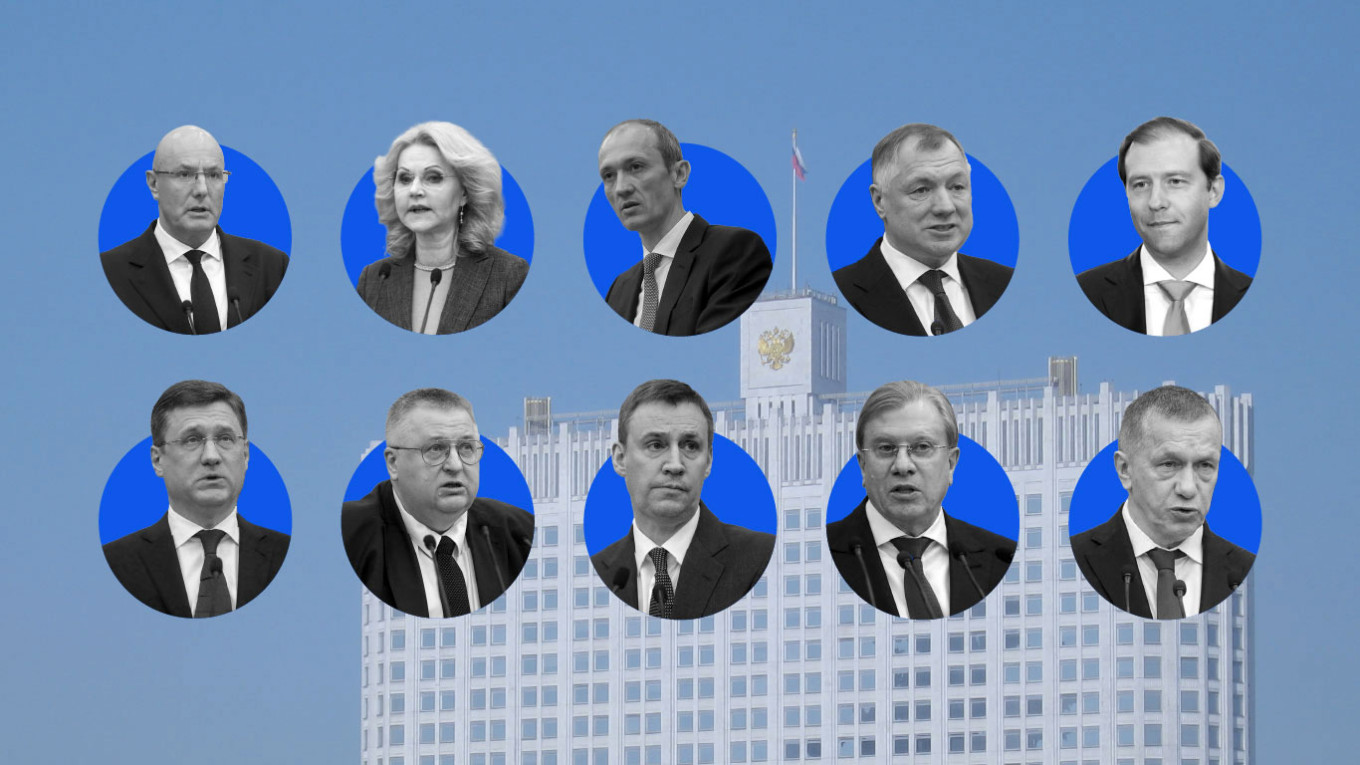The Russian government is a complex system that has evolved over centuries, shaped by historical events, political ideologies, and social changes. While it has undergone significant transformations, particularly after the collapse of the Soviet Union, it still retains many elements of its Soviet past.
Key Features of the Russian Government
Strong Presidential System: The President of Russia is the head of state and head of government, wielding significant power over domestic and foreign policy. This system, while democratic in form, often concentrates power in the hands of the president.
Parliamentary System: The Federal Assembly, Russia’s bicameral parliament, consists of the State Duma (lower house) and the Federation Council (upper house). However, the parliament’s role is often overshadowed by the President, and its legislative powers can be limited.
Centralized Authority: The Russian government is highly centralized, with power concentrated in the hands of the President and the executive branch. This centralization of power has contributed to a strong state, but it has also led to concerns about corruption and inefficiency.
Dominant Party System: United Russia, a pro-government party, has held a dominant position in Russian politics for many years. While other parties exist, they often lack the resources and influence to challenge United Russia’s dominance.
Limited Political Pluralism: Despite formal democratic procedures, the political landscape in Russia is often characterized by limited political pluralism and restrictions on dissent. Independent media and civil society organizations face significant challenges, and political opposition is often suppressed.
Challenges and Reforms
The Russian government faces a number of challenges, including economic stagnation, corruption, and a declining population. To address these issues, the government has implemented various reforms, such as:
- Economic Reforms: Efforts to diversify the economy and reduce dependence on oil and gas exports.
- Social Reforms: Improving social services, such as healthcare and education.
- Political Reforms: Limited political reforms aimed at increasing transparency and accountability.
However, progress on these reforms has been slow, and corruption remains a significant problem.
The Future of Russian Governance
The future of the Russian government will depend on a variety of factors, including economic conditions, geopolitical developments, and domestic political dynamics. As Russia navigates the complexities of the 21st century, it will need to balance its authoritarian tendencies with the demands for greater democracy and economic liberalization.
Key challenges that will shape Russia’s political future include:
- Economic Diversification: Reducing reliance on energy exports and developing other sectors of the economy.
- Demographic Crisis: Addressing the challenges posed by a declining population and an aging workforce.
- Corruption: Combating corruption and promoting transparency and accountability.
- Geopolitical Tensions: Navigating complex geopolitical relationships and balancing national interests with international cooperation.
The ability of the Russian government to address these challenges will determine its future trajectory and its role in the global order.

Leave a Reply